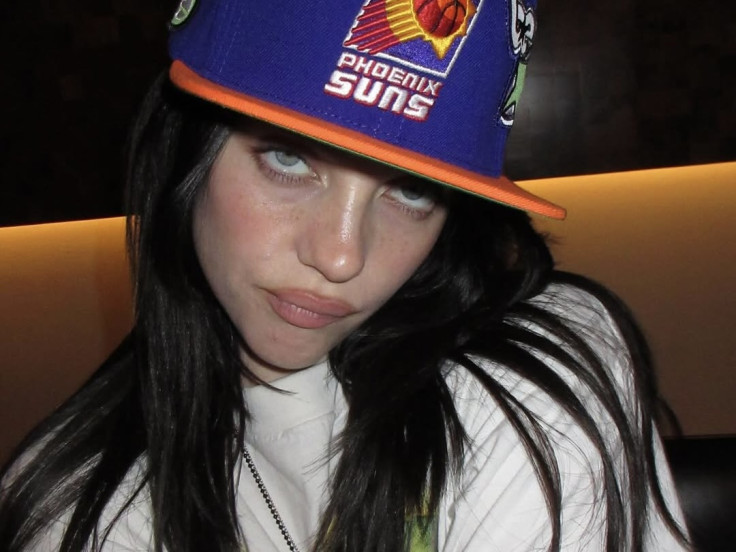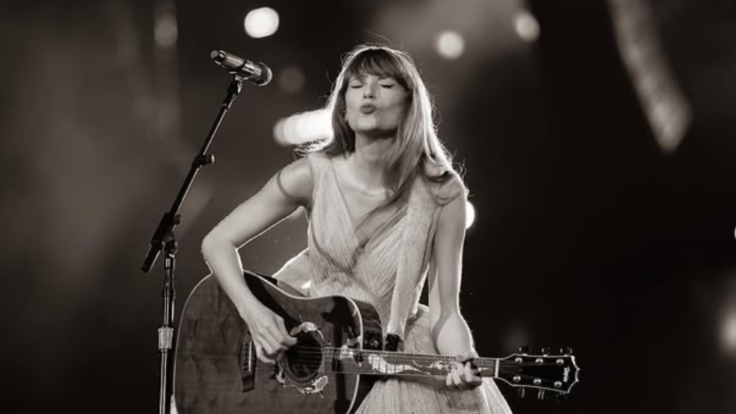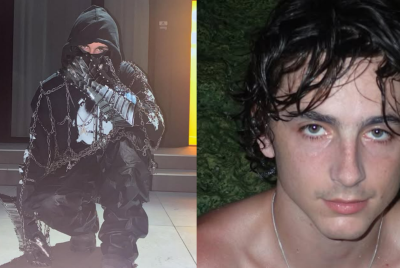Is Billie Eilish's 'Why Are You A Billionaire?' A Subtle Dig At Taylor Swift?
From a Stationhead Q&A to a WSJ speech, Eilish's remarks ignited fan debate

Billie Eilish used two very public moments: a fan Q&A where she called three-hour concerts 'psychotic' and an acceptance speech at the WSJ. Magazine Innovator Awards — to make blunt comments about concert length and extreme wealth, sparking claims that she was taking a pot-shot at Taylor Swift.
The Remarks, in Their Own Words
In a live Stationhead Q&A on 24 May 2024, Eilish was asked whether she would ever perform a three-hour concert. Her reply, captured in the Stationhead stream that was later uploaded to YouTube, was unequivocal, 'I'm not doing a three-hour show, that's literally psychotic. Nobody wants that. You guys don't want that. I don't want that'.
The clip circulated widely and prompted immediate social-media debate because Swift's Eras Tour (and Beyoncé's Renaissance shows) routinely exceeded two hours.
Later, on 29 October 2025, at the WSJ. Magazine Innovator Awards, Eilish accepted the Music Innovator prize and addressed a room that included very high-net-worth figures. After announcing she was donating proceeds from her tour, she asked the audience directly, 'If you're a billionaire, why are you a billionaire? No hate, but yeah, give your money away, shorties'.
The remark and the accompanying donation of £8,744,600 ($11.5 million) made an impact on both her fans and audience worldwide.
Context Matters: What Eilish Has Said Before
Eilish's comments align with her long-standing criticism of excess in the music industry, whether environmental, commercial, or performative. Earlier in her career, she denounced the rise of multiple vinyl variants as 'wasteful' and harmful to the planet, a remark some interpreted as a veiled swipe at artists like Swift, known for releasing several collectible versions of the same album.
Similarly, during a May 2024 Stationhead livestream, she made headlines for calling the idea of performing a three-hour concert 'literally psychotic' and 'crazy'. The comment was widely viewed as a rejection of marathon shows like Swift's Eras Tour or Beyoncé's Renaissance Tour.
@amandanicole_tt In a recent livestream Billie Eilish was caught saying shading thing alluding to Taylor Swift’s The Eras Tour as well as Beyonce’s Renaissance Tour saying that nobody wants a 3+ hour long concert, and that it’s psychotic. Well I personally have watched The Eras Tour over a grainy livestream almost 100 times now sooooo…obviously this is not a universal opinion…. ~~~~~~~~~~~ Tags: taytaylorswiftytaylornationytaylornation13ytaylorsversionwtswiftttstheerastouretheerastouraerastourrsurprisesongsrsurprisesongaerastoursurprisesongsetheerastourconcertetheerastourconcertfilmnconcertphotographynconcertutourytaylorswifteditsbdebuttaylorsversionafearlesstaylorsversiondredtaylorsversion81989taylorsversionpreputationtaylorsversionvloverlfolkloreeevermoredmidnightsethetorturedpoetsdepartmentpd #billieeilish #billieandtaylor #drama #tea #scandal #beyonce #billieilish @
♬ original sound - amandanicole_tt
Taken together, Eilish's remarks appear consistent with her broader scepticism of spectacle and industry excess, though their timing and tone made it easy for listeners to interpret them as digs at specific peers.
Fan Reaction: Interpretation, Outrage and Defence
Social-media reaction followed a familiar pattern. Some Swift fans saw the three-hour comment and the billionaire line as connected and therefore a veiled jab at their idol, whose Eras Tour became a cultural touchstone for marathon pop shows and major commercial success.
Others defended Eilish, pointing out that she explicitly praised long shows' spectacle in other contexts and was making broader moral points about wealth. Reporting outlets from tabloids to music trade press documented both sides; much of the 'feud' narrative derives from fan threads and reactive posts rather than from a statement by Eilish naming another artist.
Why the Narrative Sticks
Three forces combine to fuel the 'dig' interpretation. First, the prominence of Swift's Eras Tour as a recent exemplar of long, lucrative stadium shows gives listeners a ready comparison when another artist disparages marathon concerts.

Another is Eilish's prior comments about commercial excess (for example, multiple vinyl variants) had already been read by some as a critique of practices associated with big pop releases.
Then, there's contemporary fan culture that treats indirect remarks as provocations that demand a response, and online communities quickly amplify any perceived slight into a narrative of rivalry. Those social dynamics explain why a short remark in a fan Q&A and a rhetorical question at an awards dinner have together been reframed by many as an attempted clash between artists.
Billie Eilish's public record shows a mixture of ethical critique, frank personal preference, and selective praise; the evidence demonstrates she said both things in public, but it does not provide a smoking-gun that either comment was meant specifically for Taylor Swift.
The rest: the outrage, the takes, the memes, are contemporary pop culture doing what it does best — filling silence with story.
© Copyright IBTimes 2025. All rights reserved.





















